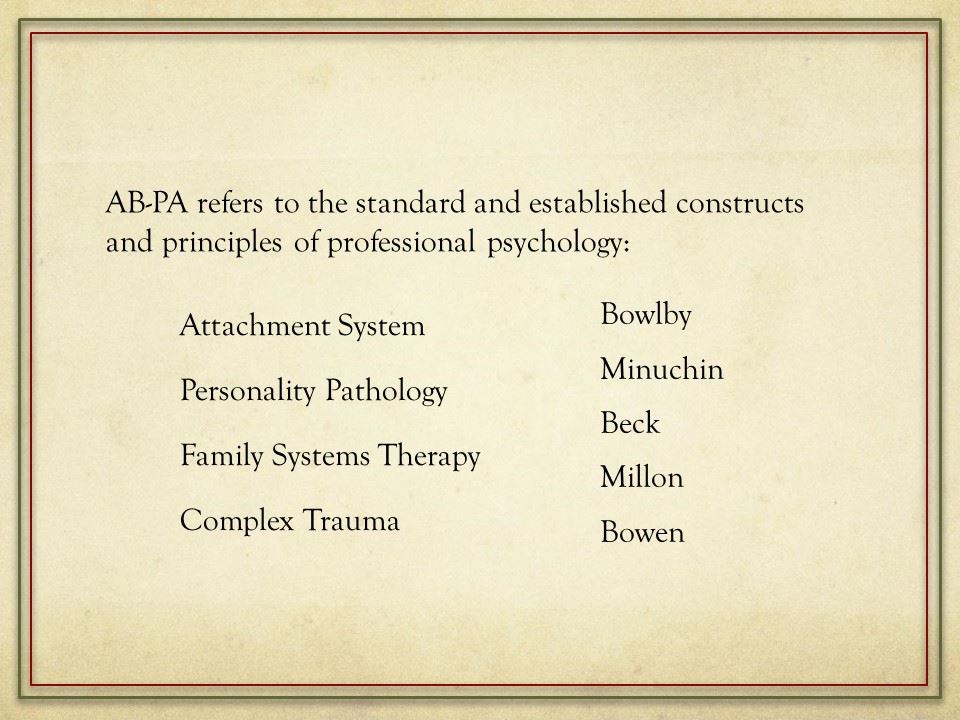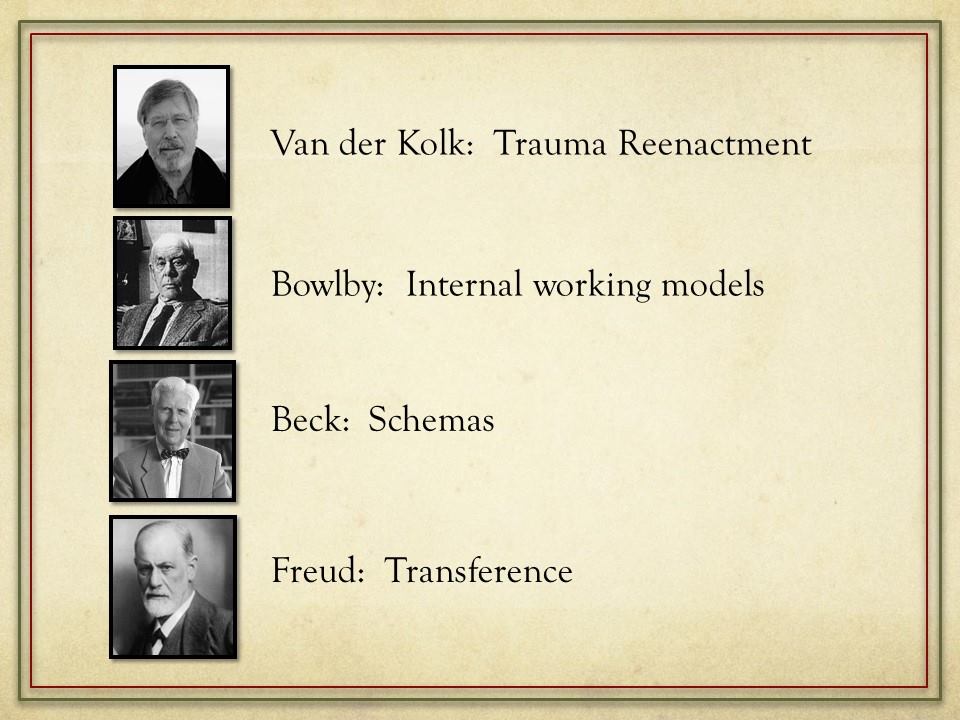The standards of practice in forensic psychology are substantially below those of clinical psychology - substantially.
Forensic psychology does not apply any of the knowledge in professional psychology from the past 100 years. None of it.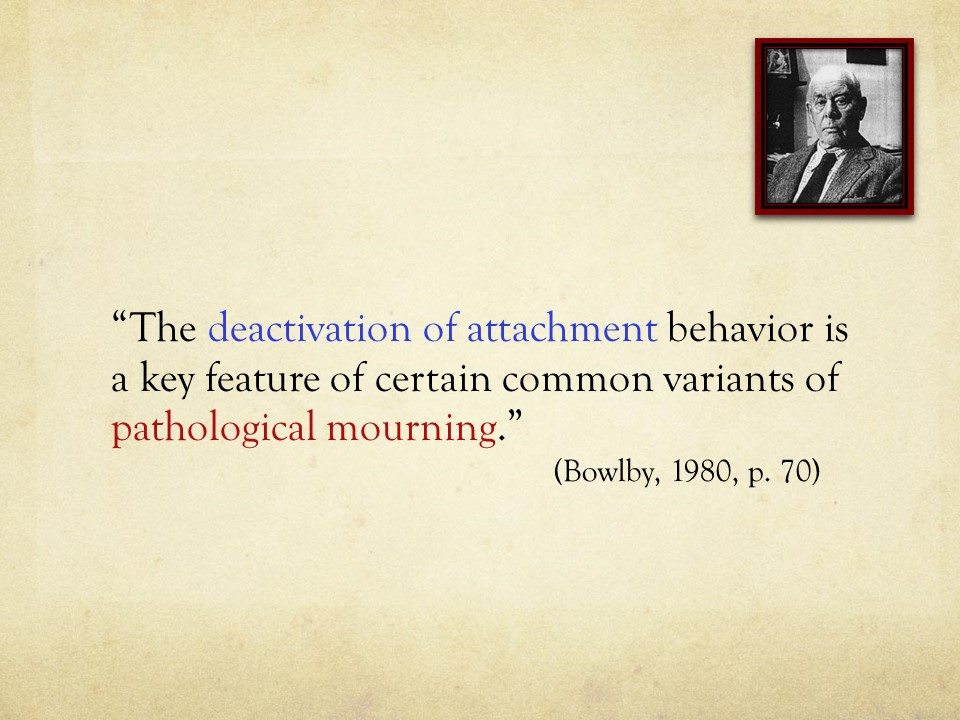
I have read their reports. There is no discernible application of any of the knowledge from the past 100 years of professional psychology.
They do not apply the knowledge from psychoanalysis (transference, counter-transference), from learning theory (reinforcement; stimulus control), from attachment (internal working models; grief and loss), from family systems therapy (cross-generational coalition; emotional cutoff), from trauma (reenactment; trans-generational transmission), from the neuro-development of the brain (role-reversal; breach-and-repair).
Not even cognitive dissonance from the 1950s. They don't even apply cognitive dissonance. Every time we ask the child to make a statement that is not true, the child moves closer to actually believing the false statement. Cognitive dissonance. We are creating the child's rejection by asking the child about the rejection. Asking "Why don't you want to be with your mother?" creates the belief - cognitive dissonance.
Does forensic psychology apply any of this knowledge? No.
Standard 2.04 of the APA ethics code requires the application of the scientific knowledge of professional psychology. Forensic psychology does not apply any of the knowledge from the past 100 years. They are practicing beneath professional standards of practice.
Once we apply the standard and established knowledge of professional psychology, we can solve this immediately.
But if we are pre-20th century then we will solve nothing. Making up new simplistic forms of pathology rather than applying the knowledge of professional psychology is practice beneath professional standards of practice.
The reason we are required to apply knowledge is because our clients need us to fix things. If we don't apply knowledge we don't fix anything. If you go to your physician with medical symptoms, do you want them to apply the scientifically established knowledge of the past 100 years?
Or do you want them to simply make stuff up?
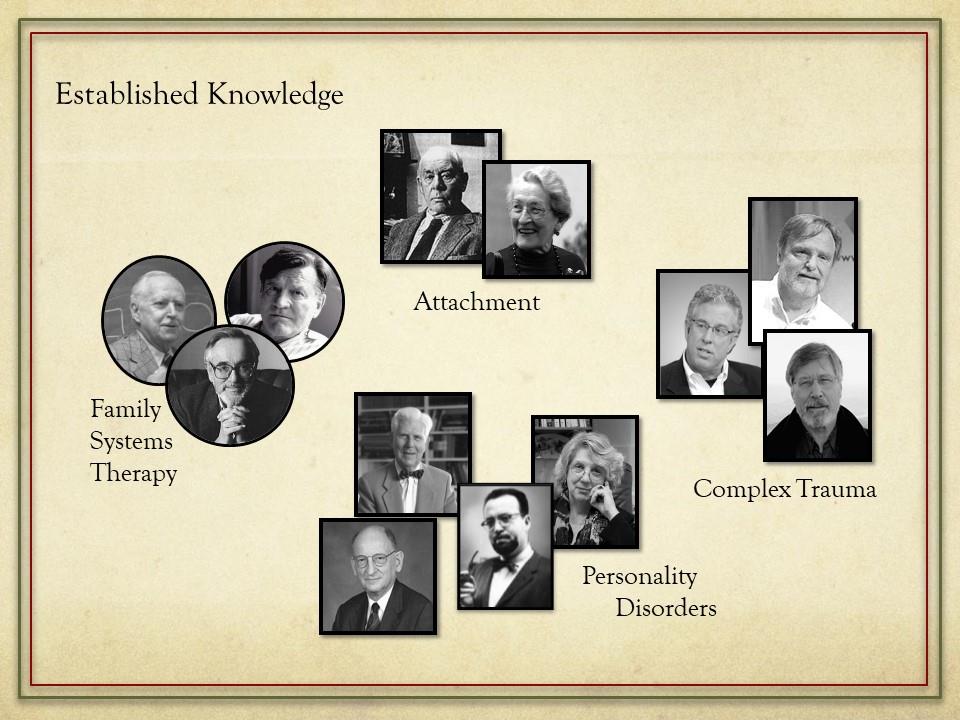 Knowledge. Attachment. Family systems therapy. Personality disorders, Complex trauma.
Knowledge. Attachment. Family systems therapy. Personality disorders, Complex trauma.
This knowledge exists. Apply it. That is a professional obligation. Standard 2.04 of the APA ethics code.
If you don't have the knowledge. Go away. That's standard 2.01a; Boundaries Competence. You are not allowed to be ignorant.
This is intern-level instruction. I will not let an intern have patient contact if that intern does not know the necessary scientifically established knowledge of professional psychology, and if the intern is not applying the scientifically established knowledge of professional psychology.
That's true for autism, and ADHD, and eating disorders, and treating PTSD in war veterans. It is a professional obligation to know and apply the scientifically established knowledge of professional psychology - Standard 2.04 of the APA ethics code.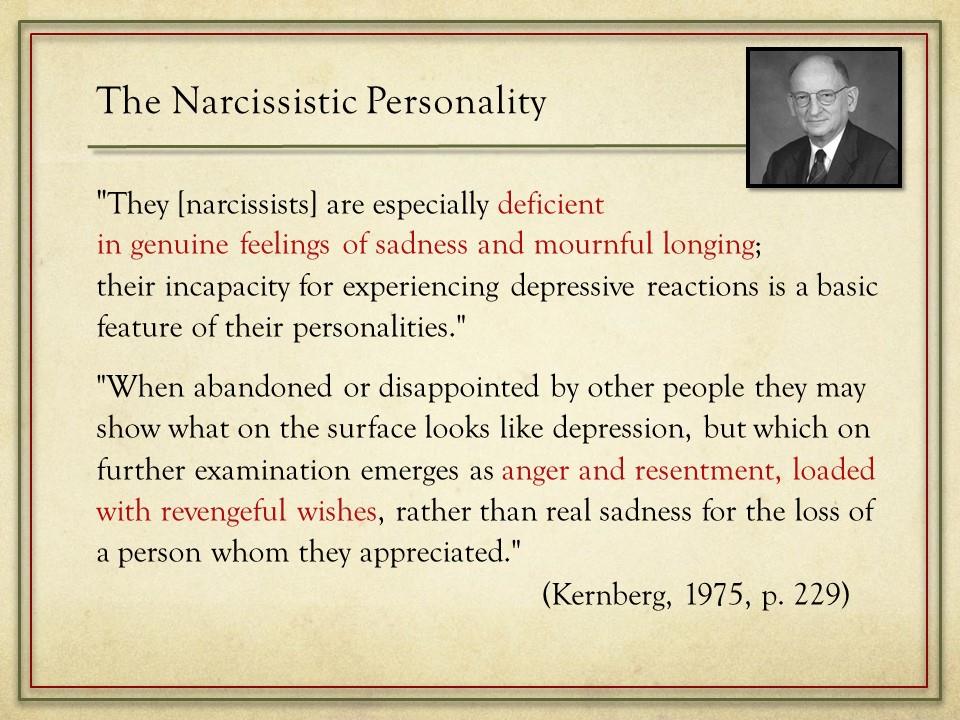
Attachment - family systems therapy - personality disorders - complex trauma.
Standards of professional practice.
The use of the construct "parental alienation" for professional-level work is beneath professional standards of practice.
Apply knowledge. First. If you find you need some new form of pathology - AFTER - first applying the established knowledge of professional psychology, then come talk to me about your "new form of pathology" (my first question will be, "Where's the research base" - and the research base needs to be commensurate with that for autism, ADHD, and attachment; i.e., substantial).
BUT... what we will find is that once we apply the scientifically established knowledge of professional psychology - attachment, family systems therapy, personality disorders, complex trauma - we will easily solve complex family conflict surrounding divorce.
The renowed family systems therapist, Salvador Minuchin, has a structural family diagram for exactly this pathology; the child's triangulation into the spousal conflict through the formation of a cross-generational coalition against the targeted parent, resulting in an emotional cutoff in the child's relationship to the targeted parent.
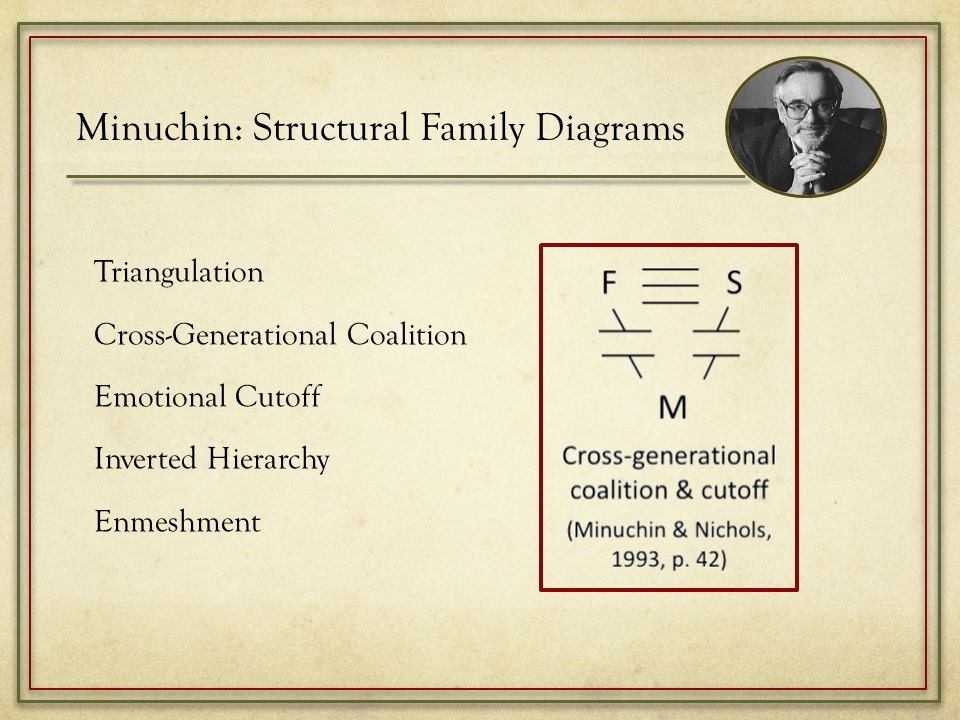
Triangulation; cross-generational coalition; emotional cutoff. The established knowledge of family systems therapy. Do you think it would be helpful to apply the established knowledge of family systems therapy to therapy with families? Yes, it would.
Start there. Start with family systems therapy. Apply that knowledge.
A child rejecting a parent. That is a problem in love and bonding. The brain system for managing all aspects of love and bonding throughout the lifespan (including grief and loss), is the attachment system. A child rejecting a parent is an attachment pathology. Apply the scientifically established knowledge about how the attachment systems functions and dysfunctions. Apply knowledge.
When we apply knowledge, we will fix things. If we remain ignorant, then nothing will get fixed. 'Bring me the leeches'.
Craig Childress, Psy.D.
Clinical Psychologist, PSY 18857
